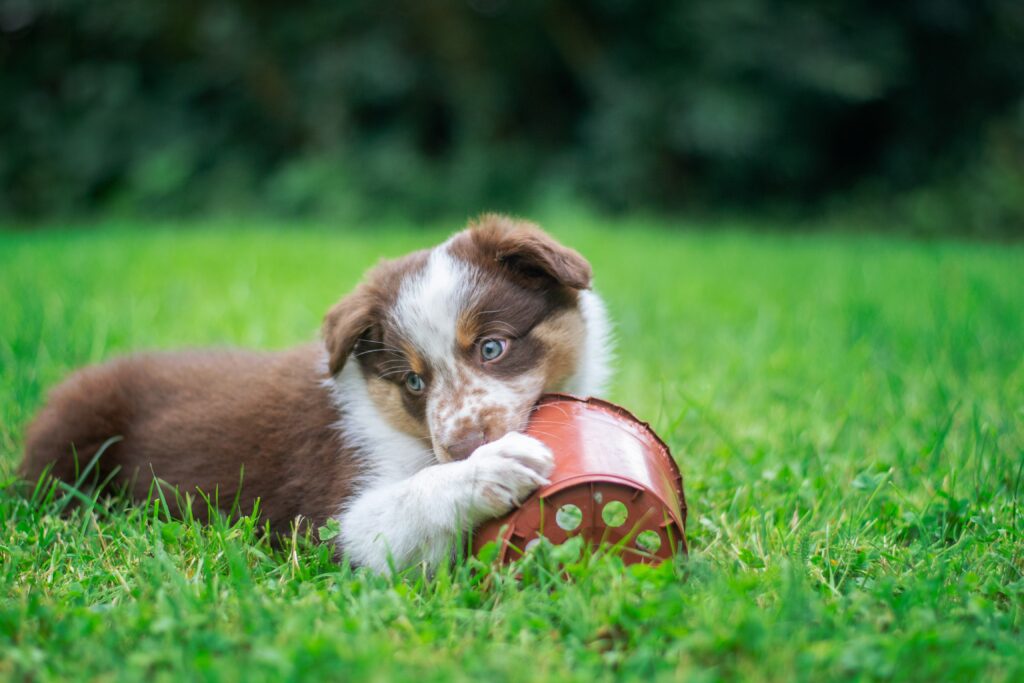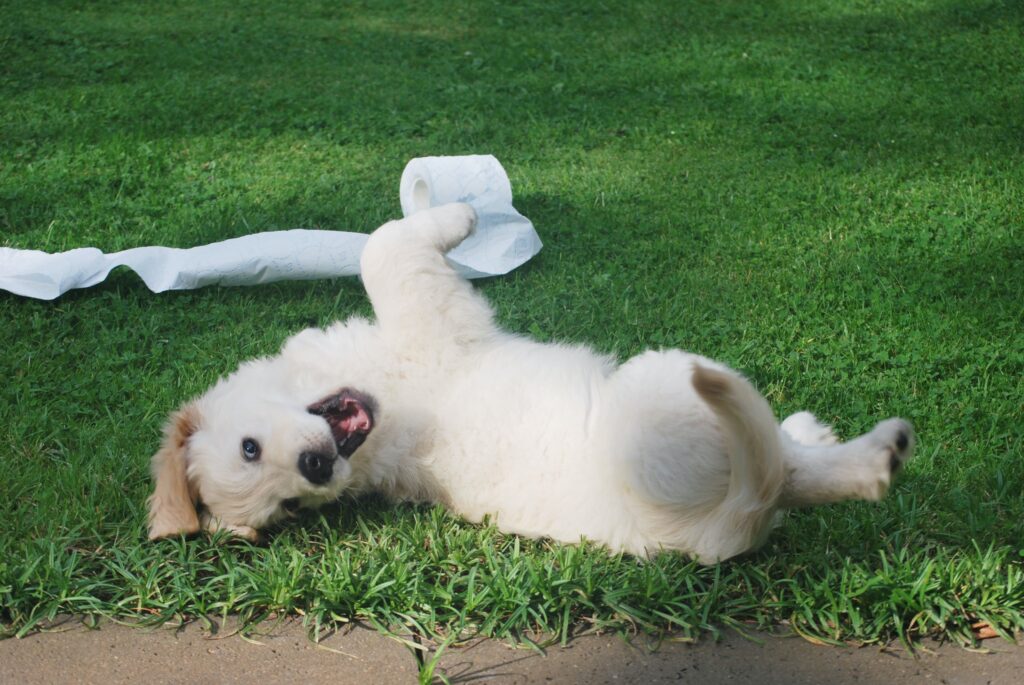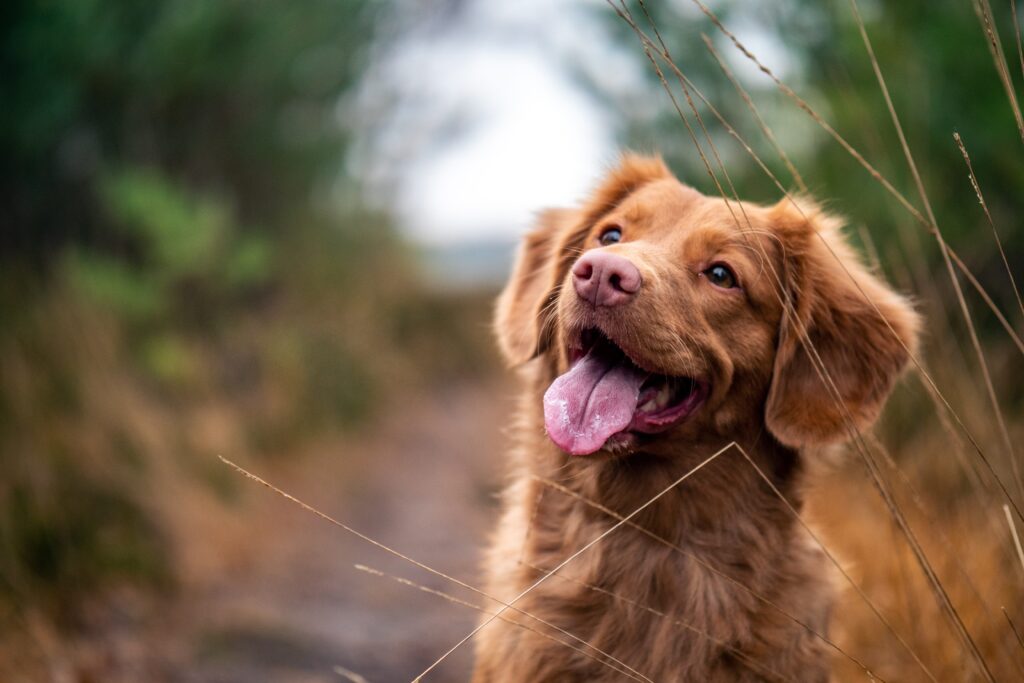
Best Natural Chews for Puppies Under 3 Months
Why AM I writing about this?
When we first got Jill at 8 weeks old, we lived in a small apartment in Seattle, WA. We had very little room for her to run around and it did not take long for us to learn we needed toys that she could CHEW on, instead of our couch… So I decided to do a deep dive on edible chews. After shuffling through the vast sea of information, I wanted to share some natural edible chews, specifically for puppies under 3 months old.
This post is about all things natural edible chews for puppies, specifically those under 3 months old!

Why are having chews so important for puppies?
We all know why chewing is important for puppies, like how it’s their way of exploring the world, mental stimulation, relieving toothaches, etc. This is mostly common knowledge and is usually one of the first few things you learn when you choose to bring a puppy into your life. What’s important, though, is that you learn how chews should be treated for younger puppies.
Puppies are teething up to 7 months of age, which means that they might not have their full set of baby teeth at 3 months! Giving them chews at that point would not really make sense.
Most importantly, their stomachs and GI are developing. What you give them must contain the right nutrients to not irritate their sensitive bellies.
Always Supervise!
I can’t emphasize this enough, but always, ALWAYS supervise when giving natural chews to your puppy. Give in small portions to avoid an irritated stomach and ALWAYS consult your veterinarian if your pet is having GI issues for more than 24 hours. Always consult your vet for any drastic dietary shifts.

What makes a good chew?
With buying chews for a puppy under 3 months old, they all need to be easily digestible & not too durable. They should be firm, but not so firm to the point where it will crack their teeth. So, I have factored that in giving my recommendations below, all are easily digestible and not TOO durable! What makes a good chew, then, comes down to two factors: durability (for the more aggressive chewers) and nutritional value. After many hours of digging, here are my favorite natural chews for puppies, in each category.
Best chews in terms of Durability:
Bully sticks (sometimes referred to as Pizzles)
| Pros: | Cons: |
| It can be a choking hazard if swallowed whole (there are bully stick holders just for this reason!) – Potential for bacterial contamination, if not bought from a reputable, responsibly sources company | It can be a choking hazard if swallowed whole (there are bully stick holders just for this reason!) – Potential for bacterial contamination, if not bought from a reputable, responsibly sourced company |
Himalayan Yak Milk chews
| Pros: | Cons: |
| – Durable, and can be made softer by microwaving for a few seconds – Simple ingredients (Yak milk, lime, salt) – Long lasting, very durable – No artificial chemicals, additives, or preservatives – Tastes great | – Can be a choking hazard if swallowed whole – Can cause digestive issues if not given in moderation – Comes in a variety of sizes, so choose accordingly for your pup |
Best chews in terms of nutritional value:
Chicken feet
| Pros: | Cons: |
| – Packed with collagen for healthy joints and ligaments – Helps to create a shiny coat and strong nails | – Chicken feet nails can become a choking hazard (always buy without nails!) – Do not feed raw chicken feet or overcooked chicken feet |
Fish skins
| Pros: | Cons: |
| – High in protein and Omega 3 fatty acids for skin, joints, eyes, weight and heart health | – avoid farm raised fish, which contains antibiotics – can contain harmful toxins and parasites, if not cooked and sourced properly |
BONUS: Homemade natural chews (safe for puppies under 3 months old)
Sometimes, when I had some free time, I opted for frozen carrots as a chew treat. Frozen carrots are not only high in nutritional value (not only good for the eyes but for immunity) but also very low cost.
However, you should only feed one a day, due to the high fiber content. Also, you should only use whole carrots, because baby carrots can become a choking hazard.
Directions: Boil 5 carrots whole in a dog-safe bone broth (for added nutrients) or water for 10-15 minutes, until fork tender. Set them on a tray and freeze for at least 3 hours before giving your pup one to chew!

Conclusion
There you go!
This list may be short but there are certain factors that cannot be overlooked when giving chews to younger puppies. Note that I did not add any chews related to dental hygiene. According to the Veterinary Oral Health Council (VHOC), you should not be feeding dental chews to puppies under 6 months of age. All of the dental chews approved by the VHOC, which means they are considered effective in removing plaque and tartar, are for puppies older than 6 months of age (even the ones labeled as for puppies)! A younger puppy is not ready for some of the added ingredients, and should not be given to them until the suggested age (usually 6-9 months old).
As they get older, the list of good, natural edible chews increases trifold! Until then, Jill and I hope you try at least one of the recommended chews and let us know some of your favorites below!



